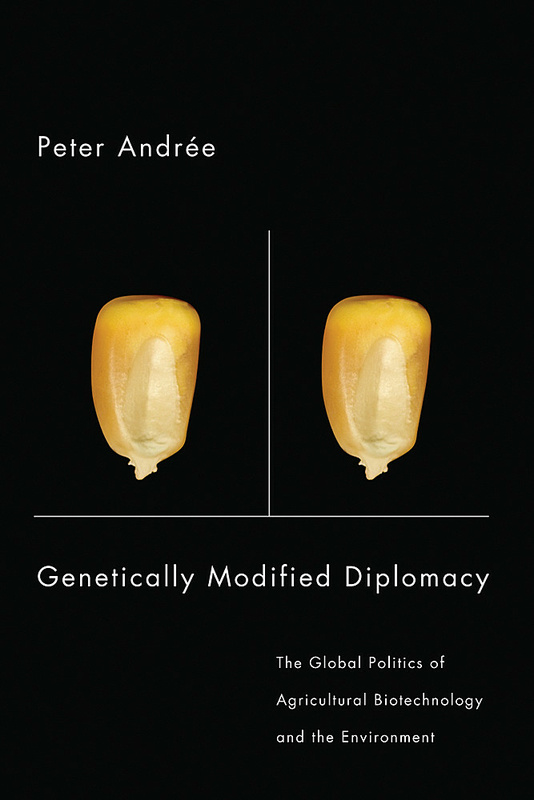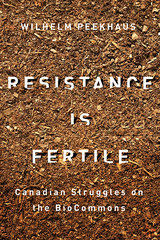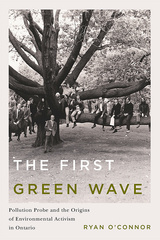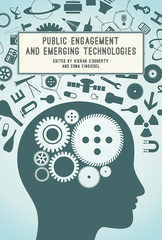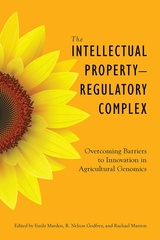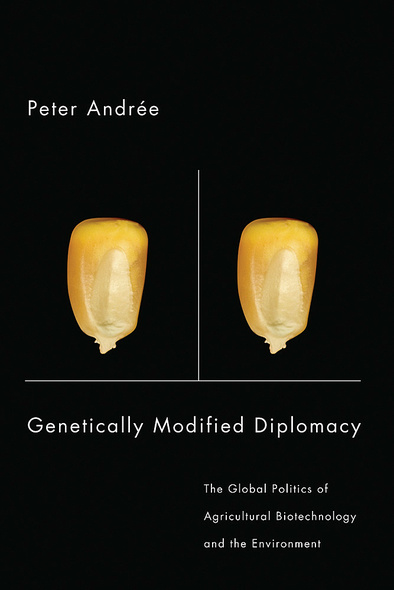
Genetically Modified Diplomacy
The Global Politics of Agricultural Biotechnology and the Environment
When genetically engineered seeds were first deployed in theAmericas in the mid-1990s, the biotechnology industry and its partnersenvisaged a world in which their crops would be widely accepted as thefood of the future. Critics, however, raised a variety of social,environmental, economic, and health concerns. This book traces theemergence of the 2000 Cartagena Protocol on Biosafety – andthe discourse of precaution toward GEOs that the protocolinstitutionalized internationally. Peter Andrée explains this reversalin the "common-sense" understanding of genetic engineering,and discusses the new debates it has engendered.
An exceptionally well written, theoretically sophisticated, and timely book. Andrée has provided an important service to readers who have an interest in understanding in fine detail the complex nature of environmental politics in a globalizing world.
Preface
Acknowledgements
Acronyms
Introduction
1 Theorizing International Environmental Diplomacy
2 The Biotech Bloc
3 The Ideational Politics of Genetic Engineering
4 Biosafety as a Field of International Politics
5 Staking out Positions
6 A Precautionary Protocol
7 The Politics of Precaution in the Wake of the CartagenaProtocol
Notes
Bibliography
Index

